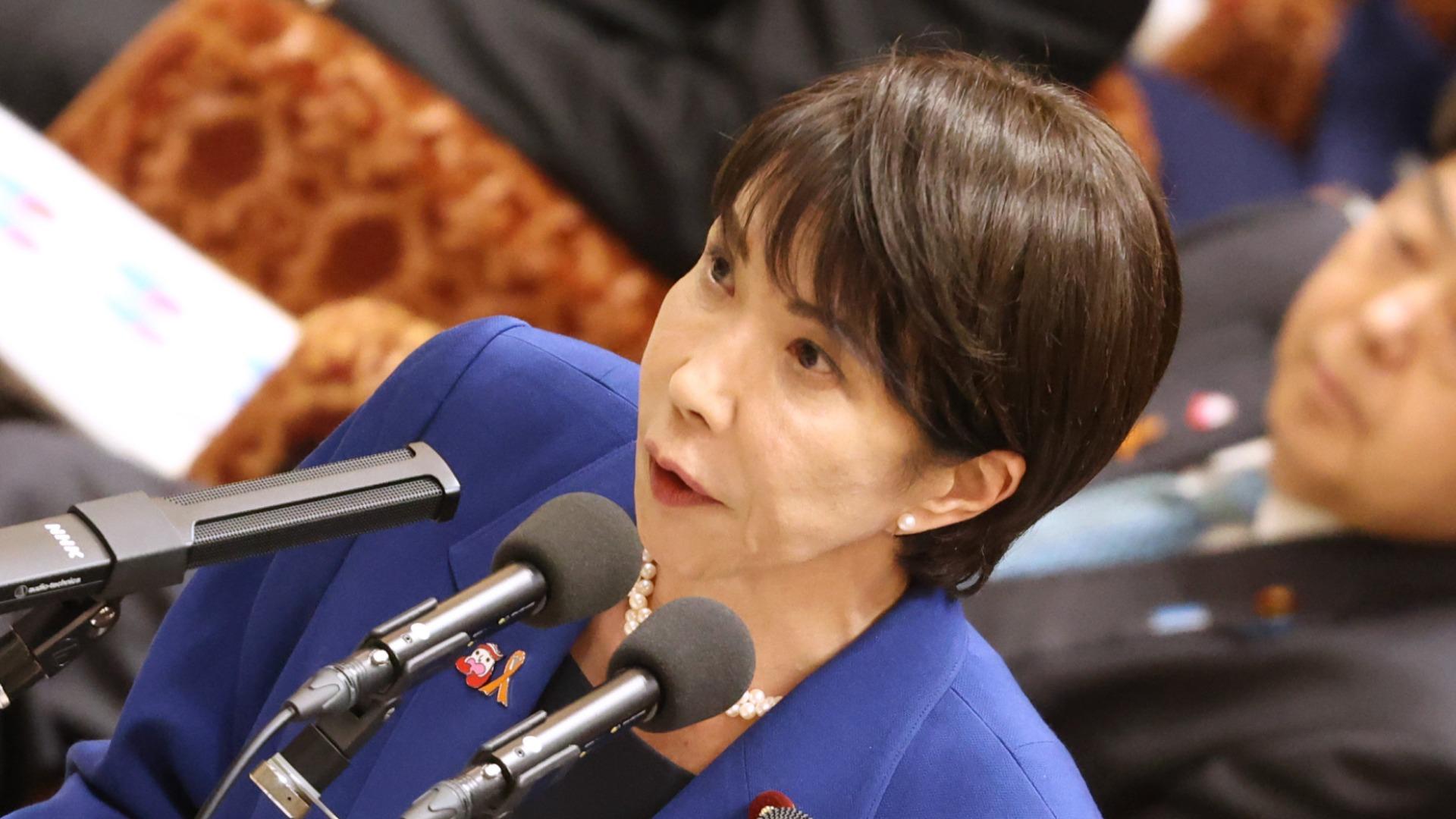A significant trilateral meeting between the political leaders of Japan, China and South Korea has sparked discussions on the influence of politics on the cultural sphere. This dialogue aims to deepen understanding of the interconnectedness between politics and culture in East Asia. Various cultural collaborations and exchanges reflecting the political landscape are now being examined more closely.
In Japan, the intersection of politics and culture is widely recognized. Japanese society values harmony in relationships, and the country's political decisions often impact cultural exchanges with neighbouring countries. The public is keenly aware of these political-cultural dynamics and is engaged in the discourse on their broader implications.
In the US and Europe, the influence of politics on culture is also profound, though the context differs. Unlike Japan, where societal harmony is valued, western societies often emphasize individual freedom and autonomy. Cultural exchanges may be influenced by political decisions, such as changes in diplomatic relations, but the focus of discussions is more often on the potential for cultural enrichment and diversity rather than harmony.

